Infection and Immunity nieuws
Nov 4: Sepsis responsible for huge healthcare costs
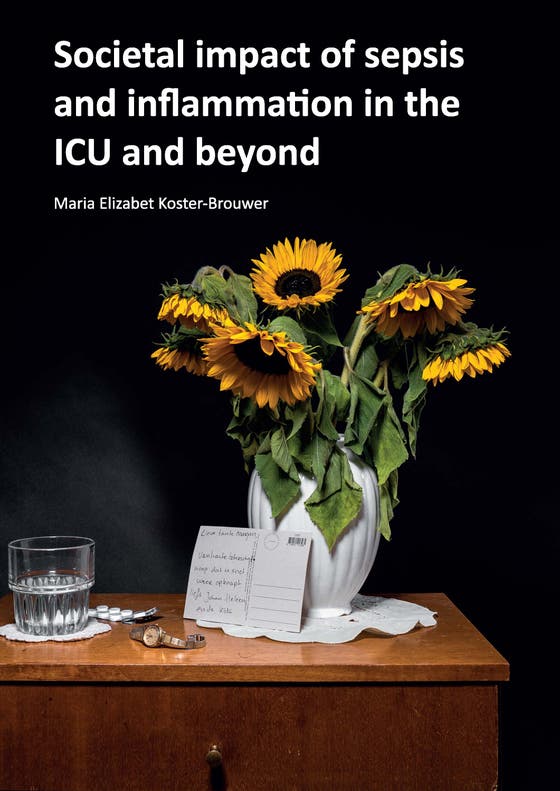
The treatment of sepsis causes a huge cost for healthcare in Dutch hospitals. There seems to be little room for cost savings here, according to PhD research by Marlies Koster-Brouwer from the UMC Utrecht.
Read moreOct 11: Suboptimal pain management in acute middle ear infection in children
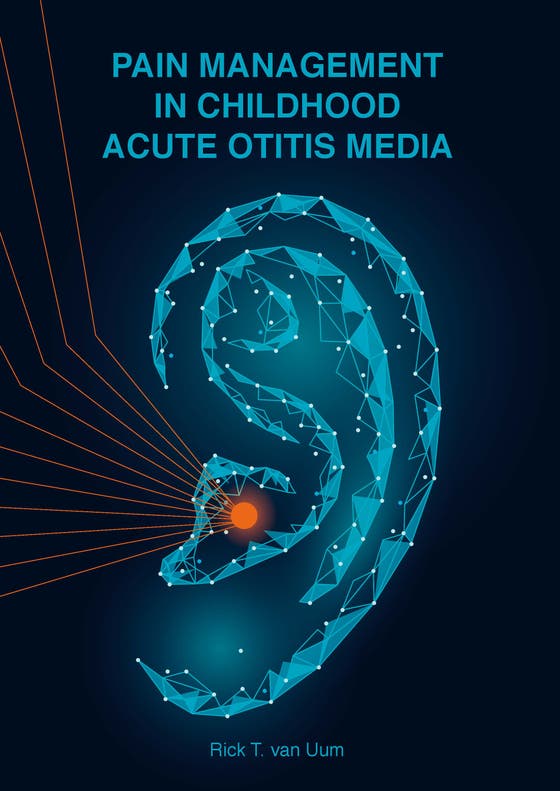
Pain management in acute middle ear infection in children appears suboptimal. This was concluded by Rick van Uum who defended his PhD thesis on October 10 in Utrecht. He proposes that future research should focus on parents’ barriers to giving pain medication in high dosage, as well as on the effectiveness of other types of pain medication, such as analgesic ear drops.
Read moreSep 24: Antimicrobial resistance in the Dutch population
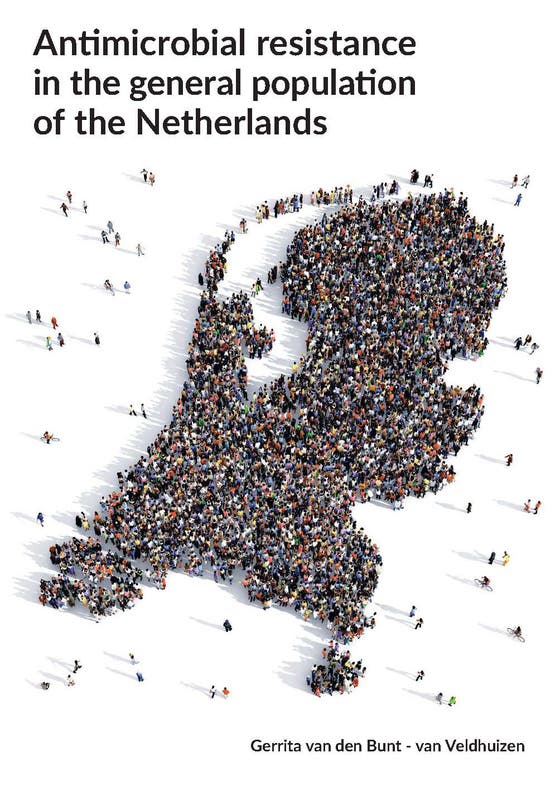
About 5 percent of the Dutch population carry ESBL producing bacteria. The most important predictors for carrying resistant bacteria were related to foreign travel and poor household hygiene. This was concluded by Gerrita van den Bunt-van Velthuizen who defended her PhD thesis on September 19 in Utrecht.
Read moreSep 4: Human-to-human transfer is the main source of ESBL antibiotic resistance

Researchers from National Institute for Public Health and the Environment, Utrecht University, UMC Utrecht, the Animal Health Service and Wageningen Bioveterinary Research (all members of the ESBLAT consortium) have previously shown that ESBL antimicrobial resistance is common in humans, animals, food and the environment. However, ESBL types in humans were found to differ from those in animals and food. The most important source of contamination for humans remained unknown until now. New research published in The Lancet Planetary Health shows that humans themselves are the most important source of ESBL antibiotic resistance.
Read moreSep 3: How complement kills bacteria: prospect of a new mechanism for antimicrobials?

In Europe, thousands of people die each year as a result of infection with bacteria that are resistant to antibiotics. The development of new antibiotics is difficult, but PhD research by Dani Heesterbeek at UMC Utrecht on the use of the complement system to aid antibiotics offers new opportunities in the battle against antimicrobial resistance.
Read moreAug 28: Nursing of carriers of the ESBL bacteria is safe in multiple-bed rooms
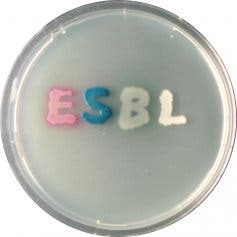
Carriers of the highly resistant ESBL-producing Enterobacteriaceae (ESBL-E) can be nursed in a hospital together with wardmates in a multiple-bed room if contact precautions are taken without without additional risk of infection. Dutch research, coordinated from Amphia Hospital and UMC Utrecht, has shown that the risk of infection by nursing in a multiple-bed room is not higher as compared to a single-bed room.
Read moreAug 8: Bariatric surgery in obese patients changes the composition of the intestinal flora

In people with morbid obesity who undergo a crash diet, the diversity of the intestinal flora (microbiota) is temporarily reduced. When these patients subsequently undergo bariatric surgery (stomach reduction), the intestinal flora recovers over time with a composition similar to that found directly 1 week after the surgery. According to investigators, such a "healthy" composition of the intestinal flora may contribute to weight loss in people with morbid obesity after bariatric surgery.
Read moreAug 1: Staphylococcus aureus sugar coats may be useful for vaccination
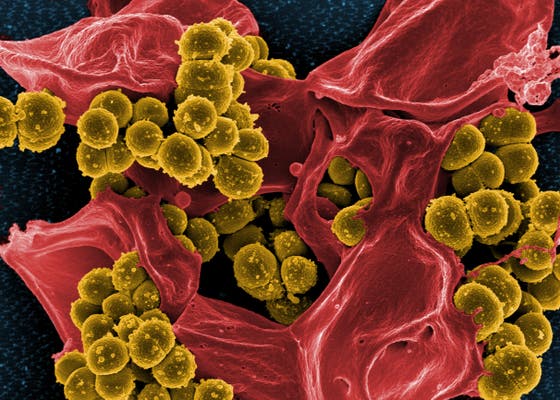
The bacterium Staphylococcus aureus and the antibiotic-resistant variant MRSA are usually harmless to healthy people, but can cause fatal infections in case of immunodeficiency. MRSA bacteria are in particular feared because they become resistant to most available antibiotics. One of the alternative strategies to antibiotics is vaccination. Nina van Sorge and her team at UMC Utrecht now demonstrate that our immune system recognizes well-known and new sugar coat on MRSA, making these structures interesting components for a future vaccine.
Read moreJune 12: 10 million for One Health research in the Netherlands
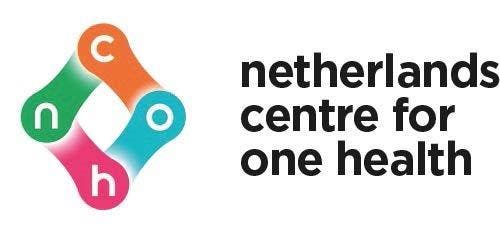
Partners within @NCOHnl will investigate the coming 5 years with help of a grant of 10 mln. euro vector-borne diseases. @UMCUtrecht contributes with the ZIeKA-monitor to investigate transmission of infectious diseases in travellers
Read moreJune 5: Can a rapid blood test reduce the use of antibiotics in children with respiratory infections
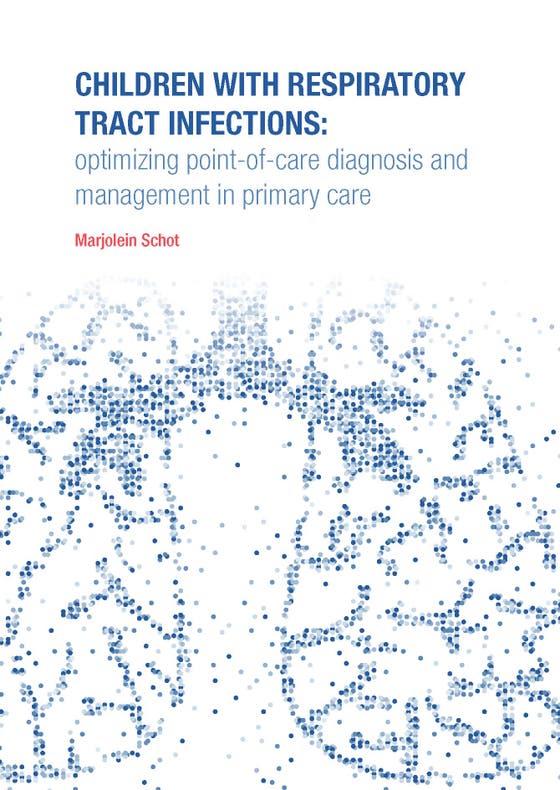
A rapid blood test helps GPs to distinguish between serious respiratory infections (such as pneumonia) and non-serious respiratory infections. However, it does not seem that this test contributes to a lower use of antibiotics in children, says Marjolein Schot who obtained her PhD on June 4.
Read more